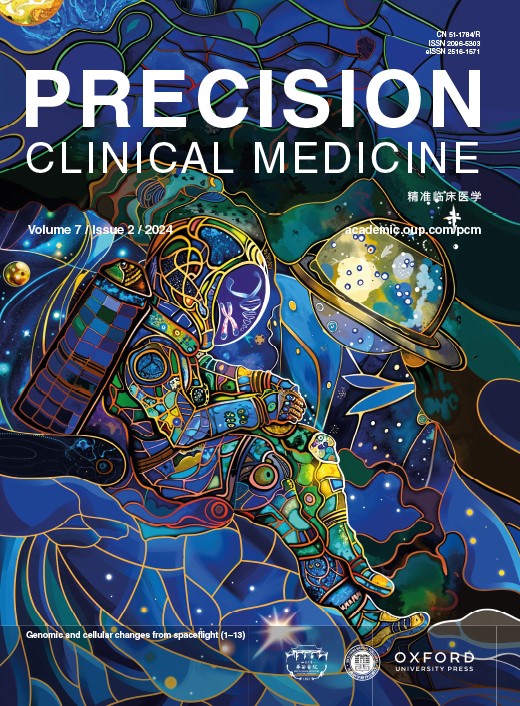Tumorigenicity risk of iPSCs in vivo: nip it in the bud
IF 5.1
4区 医学
Q1 MEDICINE, RESEARCH & EXPERIMENTAL
引用次数: 9
Abstract
Abstract In 2006, Takahashi and Yamanaka first created induced pluripotent stem cells from mouse fibroblasts via the retroviral introduction of genes encoding the transcription factors Oct3/4, Sox2, Klf44, and c-Myc. Since then, the future clinical application of somatic cell reprogramming technology has become an attractive research topic in the field of regenerative medicine. Of note, considerable interest has been placed in circumventing ethical issues linked to embryonic stem cell research. However, tumorigenicity, immunogenicity, and heterogeneity may hamper attempts to deploy this technology therapeutically. This review highlights the progress aimed at reducing induced pluripotent stem cells tumorigenicity risk and how to assess the safety of induced pluripotent stem cells cell therapy products.体内iPSCs的致瘤性风险:防患于未然
2006年,Takahashi和Yamanaka首次通过逆转录病毒导入编码转录因子Oct3/4、Sox2、Klf44和c-Myc的基因,从小鼠成纤维细胞中获得了诱导多能干细胞。自此,体细胞重编程技术的未来临床应用成为再生医学领域一个极具吸引力的研究课题。值得注意的是,人们对规避与胚胎干细胞研究相关的伦理问题非常感兴趣。然而,致瘤性、免疫原性和异质性可能会阻碍这种技术在治疗上的应用。本文综述了在降低诱导多能干细胞致瘤性风险以及如何评估诱导多能干细胞细胞治疗产品安全性方面的研究进展。
本文章由计算机程序翻译,如有差异,请以英文原文为准。
求助全文
约1分钟内获得全文
求助全文
来源期刊

Precision Clinical Medicine
MEDICINE, RESEARCH & EXPERIMENTAL-
CiteScore
10.80
自引率
0.00%
发文量
26
审稿时长
5 weeks
期刊介绍:
Precision Clinical Medicine (PCM) is an international, peer-reviewed, open access journal that provides timely publication of original research articles, case reports, reviews, editorials, and perspectives across the spectrum of precision medicine. The journal's mission is to deliver new theories, methods, and evidence that enhance disease diagnosis, treatment, prevention, and prognosis, thereby establishing a vital communication platform for clinicians and researchers that has the potential to transform medical practice. PCM encompasses all facets of precision medicine, which involves personalized approaches to diagnosis, treatment, and prevention, tailored to individual patients or patient subgroups based on their unique genetic, phenotypic, or psychosocial profiles. The clinical conditions addressed by the journal include a wide range of areas such as cancer, infectious diseases, inherited diseases, complex diseases, and rare diseases.
 求助内容:
求助内容: 应助结果提醒方式:
应助结果提醒方式:


